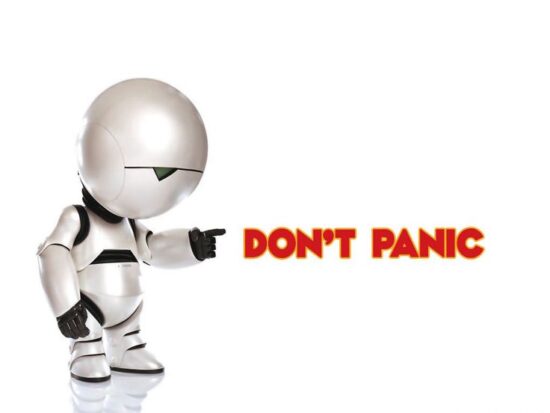Don’t panic!
Franklin D Roosevelt was inaugurated as US President in March 1933, in the depth of the Great Depression. His famous comment that “The only thing we have to fear is fear itself” was reassuring to his troubled countrymen, and has resonated down the years. If and when it turns out that machines will make it impossible for many people to earn a living, fear will not be our only problem. But it may well turn out to be our first very serious problem. Fully autonomous, self-driving vehicles will start to be sold during the coming decade – perhaps within five...




